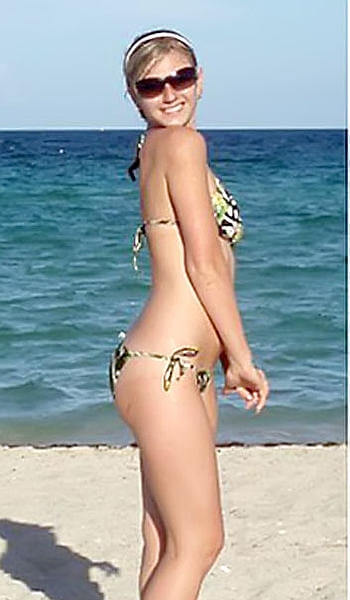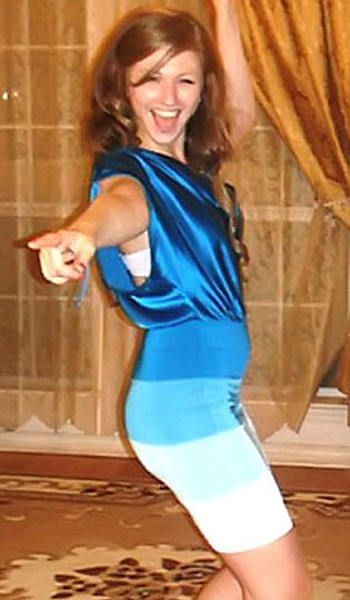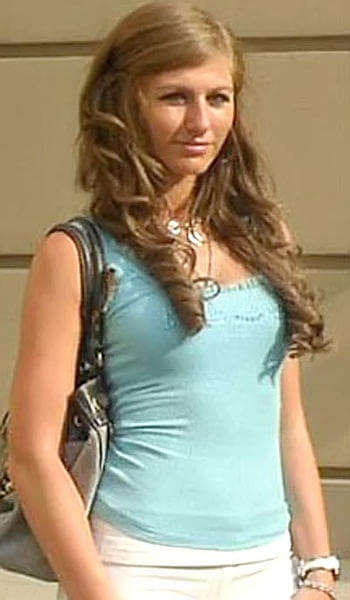The crazy thing is, he may be right:
Closing arguments at the corruption trial of Rod Blagojevich took a sharp detour Monday as one of the former governor’s lawyers all but vowed to defy an order barring him from calling out the prosecution for failing to summon key witnesses to testify.
….
“I’m willing to go to jail for this, your honor,” declared Adam, a lawyer known for courtroom bombast. “I cannot follow your order on this.”
Adam was challenging a ruling by Zagel on Friday that forbid the defense from making what is known as a “missing witness” argument. Blagojevich’s team wants to point out to jurors that government lawyers originally suggested they would call up to 35 witnesses but ended up questioning only 27.
Among those omitted was convicted fundraiser Antoin “Tony” Rezko, who the government claims is at the heart of many of the conspiracies for which Blagojevich is charged. Prosecutors also chose not to call to the stand alleged victims of attempted extortions by the former governor, most significantly former U.S. Rep. Rahm Emanuel, who is now the White House chief of staff.
What Adam hoped to do was telegraph to jurors that prosecutors may have pared down their witness list to keep people off the stand who might have undermined the government’s case.
On Friday, Zagel told the defense he wouldn’t allow the “missing witness” argument because Blagojevich’s lawyers enjoyed subpoena powers and could have called any of the same people to the stand but didn’t do so. Indeed, after months of vowing to mount a vigorous defense, Blagojevich’s lawyers chose at the last minute not to put their client on the stand or present any other witnesses.
It is difficult to assess lawyers’ and judge’s actions in a trial based on media reports, as reporting does not always capture the reality of what is happening in a courtroom. I’m not sure how the prosecution “suggested” they were going to call more witnesses. If the “suggestion” is the appearance of names on a witness list, that is a weak defense argument, as witness lists are always overinclusive. And neither side is required to call all witnesses who might have relevant evidence.
But if the prosecution promised these witnesses, as for example in an opening statement, it is fair comment by the defense, and I can’t imagine a justification for preventing the defense from commenting on the witnesses’ absence.
I have not followed the trial closely enough to know which situation we’re talking about, though I suspect it’s the former. Any input?
P.S. I meant to post this yesterday but ran out of time. Since then, Blago’s attorney has made his final argument, apparently with some flamboyance, and it appears that he did not violate the order. He may have himself an appeal point, though.






